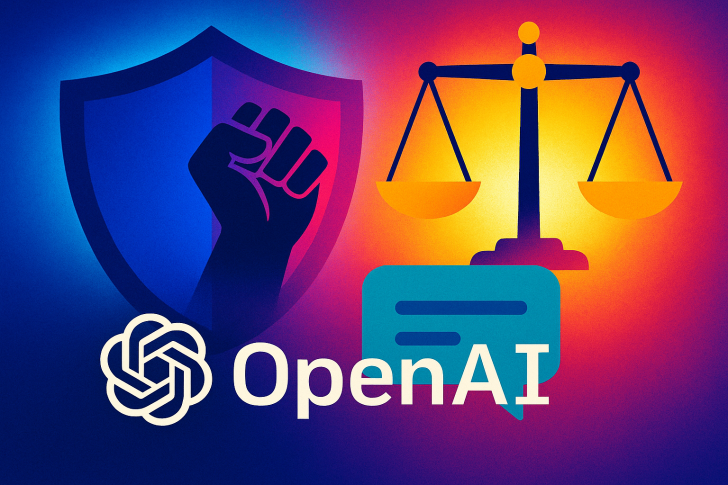⬤ OpenAI has asked a federal judge to reject an order forcing it to turn over 20 million ChatGPT conversations to the New York Times in their ongoing copyright dispute. The company argues that most of these chat logs are unrelated to the lawsuit and that releasing them would violate user privacy protections.
⬤ The legal battle comes at a challenging time for AI companies. New tax proposals in Congress could significantly increase operating costs for major AI developers, potentially driving smaller competitors out of business and pushing talent toward countries with friendlier tax policies. These financial pressures add another layer of complexity to OpenAI's current legal troubles.
⬤ OpenAI insists that handing over millions of user conversations would be an unprecedented privacy breach, especially since most of the data has nothing to do with the case. The Times argues it needs the logs to prove whether ChatGPT reproduced its copyrighted articles during conversations with users. OpenAI faces a Friday deadline to comply with the disclosure order.
⬤ This case represents a critical moment for the AI industry, where questions about data privacy, copyright law, and regulatory oversight are colliding. The outcome could establish new precedents for how training data is governed, what transparency requirements AI models must meet, and how user privacy is protected across the sector.
 Eseandre Mordi
Eseandre Mordi

 Eseandre Mordi
Eseandre Mordi


